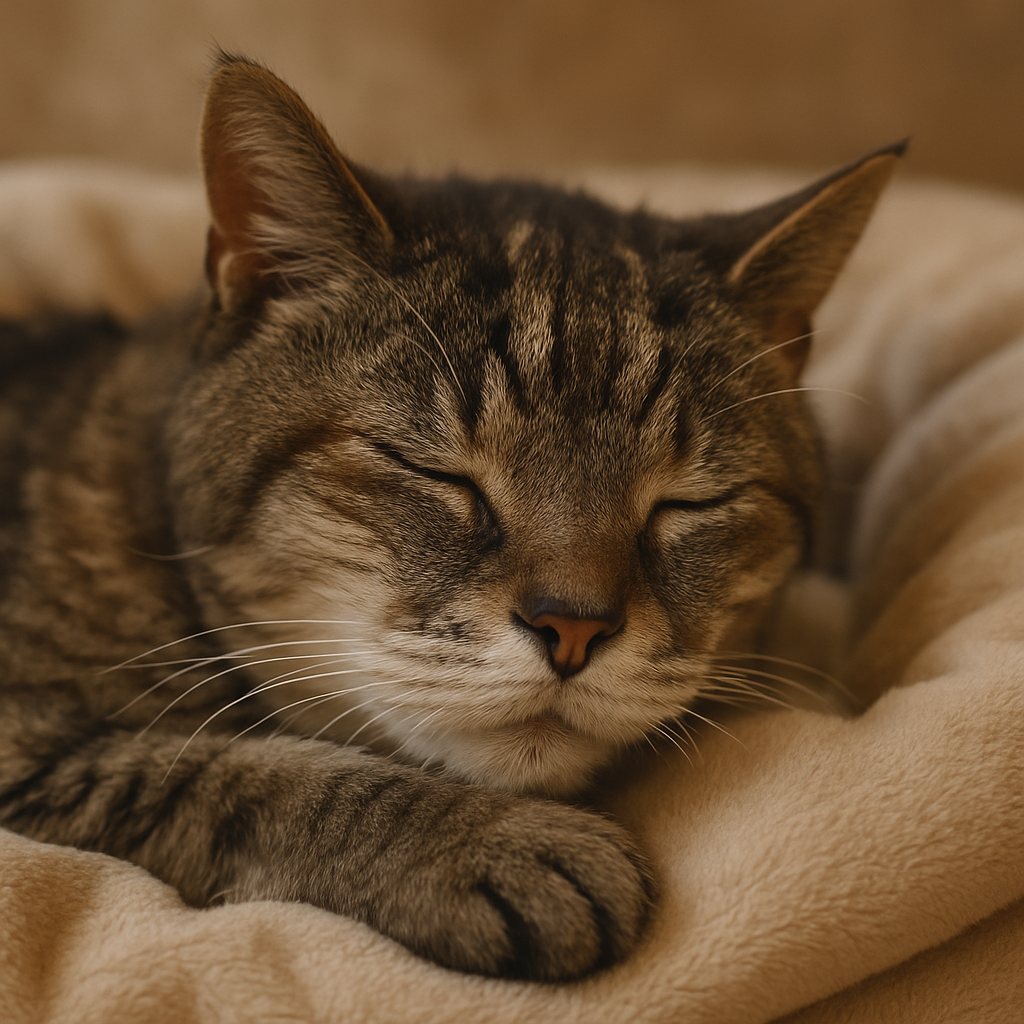Caring for a Senior Cat: A Guide to Their Health & Happiness
Share
There's a special kind of magic in sharing your life with a senior cat. The bond you've built over the years is deep and intuitive, and their calm, quiet companionship is a treasure. A cat is generally considered "senior" once they reach about 7 to 10 years old. As they enter this new life stage, their needs begin to change, both physically and behaviorally. By understanding these shifts and making a few simple adjustments, you can ensure their golden years are as comfortable, happy, and healthy as possible.
The key to senior cat care is proactive observation. Subtle changes in their routine or behavior are often the first clues that they may need extra support.

Common Changes and Health Issues in Senior Cats
As cats age, their bodies undergo natural changes, making them more susceptible to certain conditions.
- Arthritis and Decreased Mobility: This is one of the most common but under-diagnosed issues in senior cats. You might notice your cat hesitating before jumping, having difficulty with stairs, or no longer using their favorite high perch.
- Changes in Sleep and Activity: It's normal for senior cats to sleep more and play less. They may become more vocal, especially at night, which can sometimes be a sign of confusion or a health issue.
- Dental Disease: Years of plaque and tartar buildup can lead to painful gum disease, making it difficult for your cat to eat. Signs include bad breath, drooling, or a preference for soft food.
- Kidney Disease: Chronic kidney disease is extremely common in older cats. Early signs can be subtle, such as drinking more water and urinating more frequently.
- Weight Changes: Some senior cats gain weight due to a slower metabolism, while others lose weight, which can be a sign of underlying issues like hyperthyroidism or dental pain.
How to Make Your Senior Cat's Life Better
Small adjustments to their environment can make a world of difference.
- Prioritize Accessibility: Provide ramps or pet stairs to help them reach their favorite spots. Switch to a litter box with lower sides for easier entry and exit. Ensure food and water are easily accessible on the main floor.
- Create Comfort Zones: Offer extra-cushioned, heated beds to soothe stiff joints. Place cozy beds in their favorite sunny spots for naps.
- Adjust Their Diet: Talk to your vet about switching to a senior-specific cat food that is formulated for their changing nutritional needs.
- Schedule Regular Vet Check-ups: This is the most important step. Senior cats should see a vet at least twice a year. Regular bloodwork can catch common issues like kidney disease and hyperthyroidism early, when they are most treatable.
By providing extra comfort, staying vigilant for health changes, and showering them with gentle affection, you can help your senior companion age with grace and dignity.
